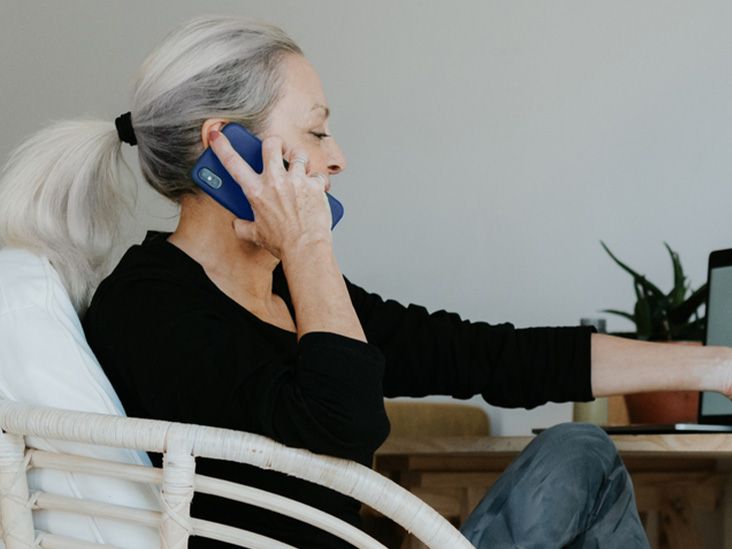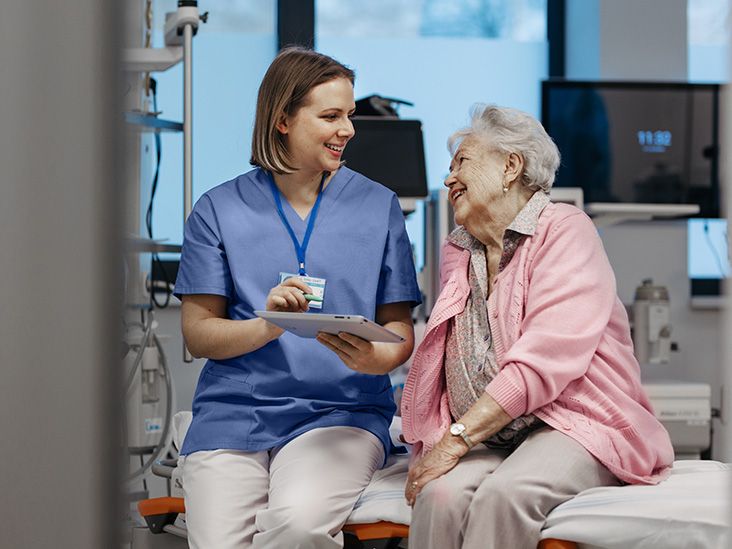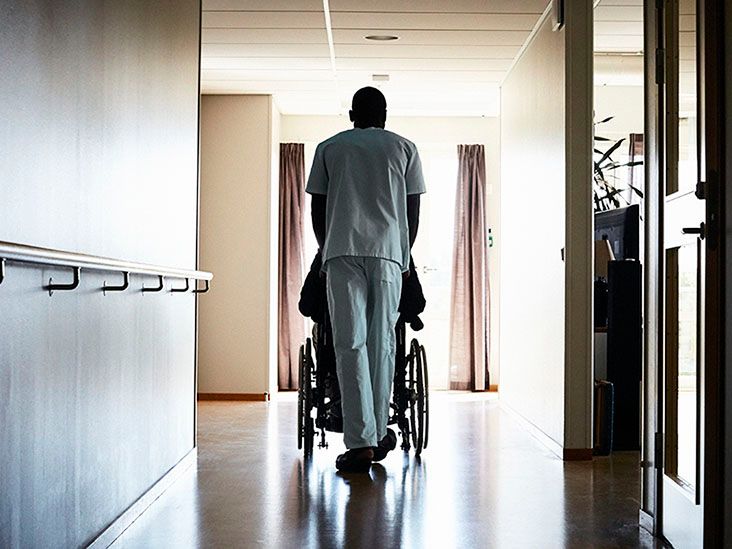Enjoying Crosswords for Improved Health and Brain Health As You Age
Crossword puzzles have long been associated with benefits for the aging brain. The true health rewards go far beyond casual entertainment though. Regularly engaging in crosswords and other mentally stimulating activities provides real boosts spanning memory, cognition, mood and even physical health in advancing years.
How Crosswords Enhance Mental Sharpness with Age
It's normal for some degree of memory decline, cloudy thinking and slowed processing speed to happen as people get older. Yet word and logic games offer ways to counteract these frustrating lapses.
- Build connections - Crossword clues activate retrieval pathways to words stored in your brain.
- Fire up cognition - Interpreting definitions and figuring out deceptive hints engages critical thinking.
- Expand vocabulary - Puzzles expose you to new words to continuously grow your knowledge base.
- Improve speed - With practice, faster recall and response times are achieved over time.
Exercising these skills regularly trains your brain to function at more youthful levels through middle and later age.
Why Crosswords May Help Delay Onset of Dementia
An active and engaged brain seems to have better resistance to dementia. Doing crossword puzzles and word games shows particular correlation with lower Alzheimer's and dementia risk by:
- Increasing cognitive reserve - More neural pathways mean more backup if some get damaged.
- Boosting blood flow - Greater brain activation sends it more oxygen and nutrients.
- Reducing plaques - Cognitive work may limit harmful protein buildup.
- Lifting mood - Enjoyable games decrease depression linked to dementia.
While more study is still needed, these possible mechanisms demonstrate crosswords' potential protective effects on the aging brain.
Physical Health Benefits of Crosswords too
It's not all just mental gains. Regularly working on crossword puzzles and word games may also:
Increase Lifespan
Some research connects later-life participation in mentally engaging activities like crosswords to longevity. Effects seem tied to:
- Delayed cognitive decline to better manage health.
- Reduced inflammation underlying many age-related diseases.
- Decreased stress hormones affecting disease processes.
The Cognitive & Social Engagement theory speculates mentally active lifestyles contribute one to five extra years by these mechanisms!
Reduce Anxiety and Depression
Crosswords present an enjoyable and satisfying mental challenge. Striving to complete tricky clues and fill those boxes gives your brain's reward centers a healthy lift while redirecting nervous energy. This can:
- Boost feel-good neurotransmitters like serotonin.
- Cut stress hormone levels to improve mood regulation.
- Provide a constructive outlet for worry or boredom.
These mental health perks then have cascading physical effects further supporting wellness.
Increase Everyday Function for Independence
Preserving mental sharpness by regularly flexing your brain power allows easier management of life's demands like:
- Driving competency for mobility.
- Medication management, finances and healthcare navigation.
- Meal preparation, home tasks and personal care.
Staying nimble both physically and cognitively ensures you maintain control over your health and fulfillment longest.
Tips to Maximize Crossword Benefits
Just casually completing a puzzle or two won't cut it. Implementing these tips ensures your brain gets the full healthy aging workout:
Commit to Daily Games
Schedule crossword time to make it a priority habit, not just occasional entertainment. Consistency is key for cognitive gains.
Time Yourself
Don't just complete crosswords - speed matters! Challenge yourself to beat personal bests. Quick thinking under pressure maximizes neural rewards.
Increase Difficulty
Let go of ego to advance beyond Monday and Tuesday straight-forward puzzles. Tackle trickier puzzles using references to master challenging Saturday stumpers!
Branch Out
Mix it up with acrostics, code crackers, word searches, Scrabble, sudoku and more. Varying game types keeps your brain nimble by avoiding rote repetition.
Be Social
Make crosswords part of book club discussions or cafe meetings with friends. Social contact has its own cognitive perks decreasing isolation's health risks.
Staying committed to continually challenging your brain is required for crosswords to deliver their full healthy aging effects long-term.
Supplemental Lifestyle Approaches
While mentally stimulating games are key, achieving true health as you age relies on broad lifestyle factors supporting both brain and body. Make sure you also focus on:
Physical Activity
Inactivity accelerates physical and mental decline. Light walking or gentle bodyweight training enhances cognition's disease-protection.
Healthy Eating
Minimize processed foods and simple carbs that can exacerbate inflammation underlying chronic illness. Emphasize clean proteins, produce, healthy fats and complex carbs instead.
Stress Relief
Letting anxiety or feelings of loneliness go unchecked has consequences for mental acuity and physical health. Make time for proper sleep, relaxation practices, social connection and fulfilling hobbies.
Routine Health Checks
Stay on top of standard health screenings, vaccines and recommended wellness visits to address issues early before they progress.
No single element like crosswords can confer health alone. But used alongside other positive lifestyle choices, they contribute greatly towards increased physical, cognitive and emotional well-being well into later life.
FAQs
How can crosswords improve memory and focus as you age?
Crosswords exercise pathways in the brain for improved recall speed, cognitive flexibility and processing capability. Regular mental stimulation builds "cognitive reserve" allowing your brain to better withstand aging deterioration.
What makes crosswords better for the aging brain versus other puzzles?
Crosswords uniquely combine wide vocabulary knowledge, logical reasoning, general knowledge and quick-thinking speed. This multifaceted challenge addresses the various aspects of mental sharpness most vulnerable to normal age decline.
How often should seniors do crossword puzzles?
Experts recommend at least 15-30 minutes of mentally stimulating activity daily for brain health benefits. Scheduling one or more crossword puzzles into your routine most days of the week will provide maximal mental exercise over time.
Can crosswords reduce my dementia risk specifically?
Yes. Regular crossword participation is associated with lower incidence of Alzheimer's and dementia diagnoses. Enhanced neural connections, blood flow and cognitive reserve conferred appear to improve the aging brain's resilience.
What other lifestyle habits boost crosswords' healthy aging effects?
While mental workouts are key, sufficient physical activity, stress reduction, nutrition, sleep and social connections work synergistically to get the most anti-aging advantages from crosswords across both mental and physical domains.
Disclaimer: This article is for informational purposes only and does not constitute medical advice. Always consult with a healthcare professional before starting any new treatment regimen.
Related Coverage
Psychedelic waters remain federally illegal, but some states allow limited use. Learn about the complex legal status, safety concerns, and tips for responsible use....
Get clear info on Medicare in Oregon, including coverage options, Medicare Advantage, Part D, and how it works with OHP....
Studies show human deaths follow circadian rhythms with most occurring early mornings around 6 am. Understanding why this happens and death's stages may ease fear....
Fruit and vegetable supplements can help fill nutrition gaps but shouldn't replace whole foods. Learn how to pick quality supplements for maximum benefit....
Learn how the Scope of Appointment in Medicare protects your choices and ensures transparent plan discussions with agents....
Get clear info on Medicare geriatric care coverage, including what's included, what's not, and how to maximize your benefits....
Find out exactly what Medicare respite care covers, who qualifies, costs, and step‑by‑step ways to arrange it for your loved one....
Find the best Medicare in Florida options with our simple guide. Compare plans and make confident healthcare decisions....
Embrace the power of superfoods and elevate your conscious lifestyle. Discover 15 nutrient-dense powerhouses that offer a wealth of benefits for your body, mind, and spirit....
Find the best Medicare options in West Virginia. Get help choosing plans that fit your needs and budget....









